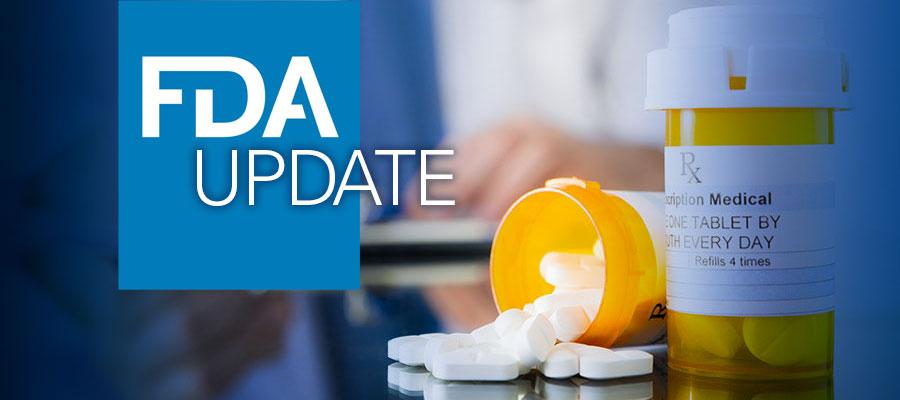FDA: Record number of generic drugs approved in FY 2019

The Food and Drug Administration approved a record high 1,171 generic drugs (935 full approvals and 236 tentative approvals) in fiscal year 2019, the agency said today. FDA said this was an increase from the 971 approved in FY 2018, which was the previous high. In FY 2019, the agency also approved 125 applications for first generics of medicines that had no generic competition. They included an emergency opioid overdose treatment and drugs to treat conditions, such as pulmonary arterial hypertension, breast cancer, seizures, depression and various infections. FDA said it is engaged in a number of efforts to ensure the program remains vibrant. “In the coming months, we plan to publish additional guidances and take other important policy steps to assist generic drug applicants, including planning additional conferences on generic drug development to further engage with stakeholders and generic drug developers,” said FDA Acting Commissioner Ned Sharpless. “We will continue to do all that we can to facilitate a stable, competitive market to increase access to medicines.”

